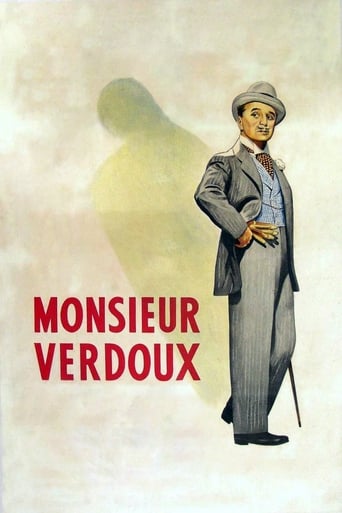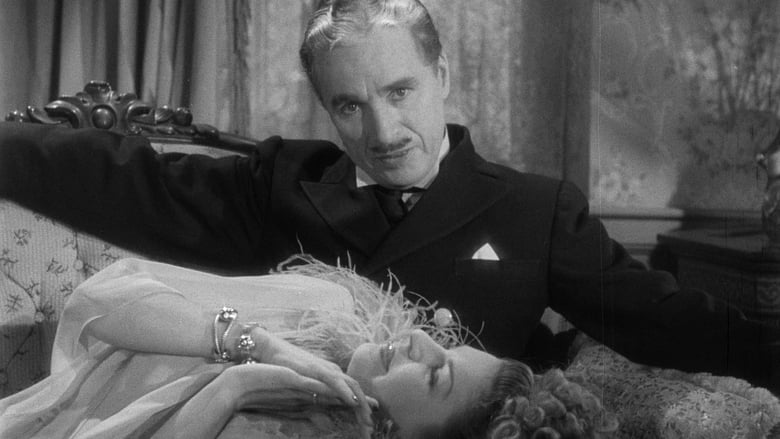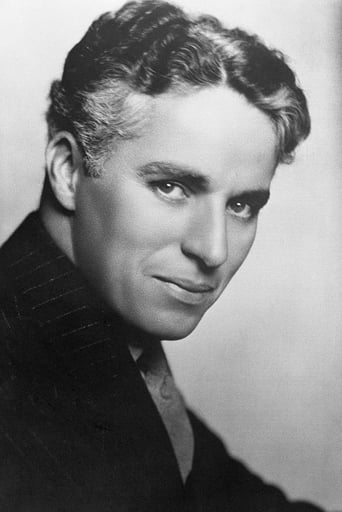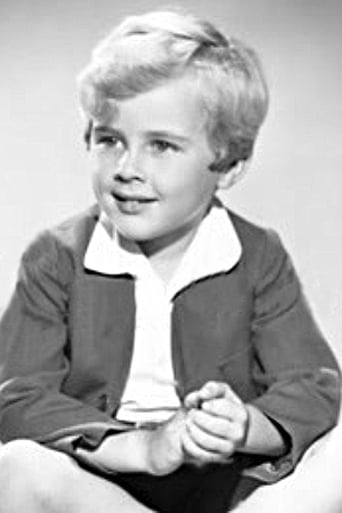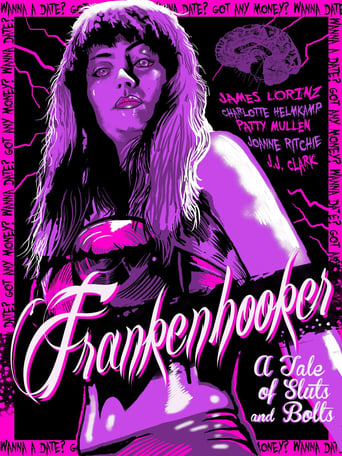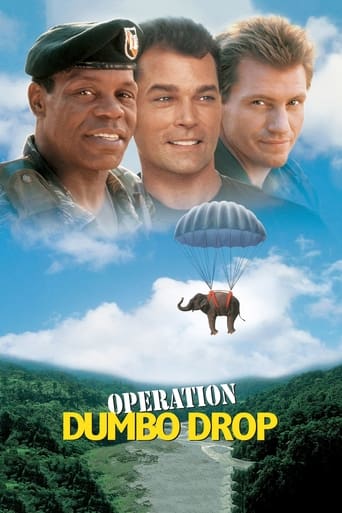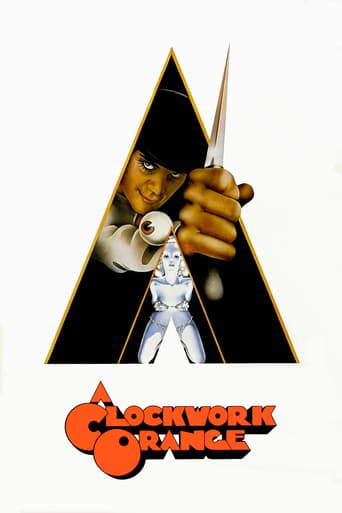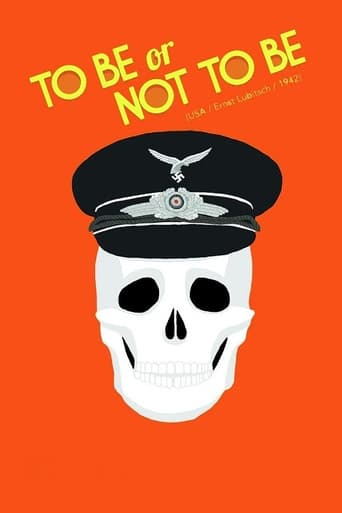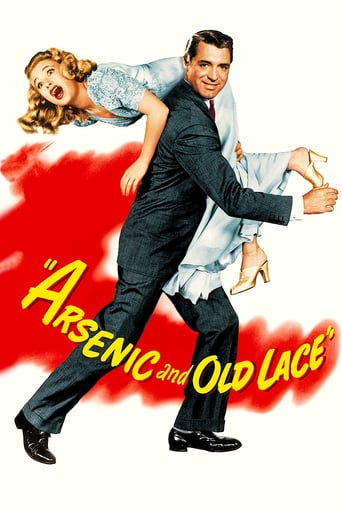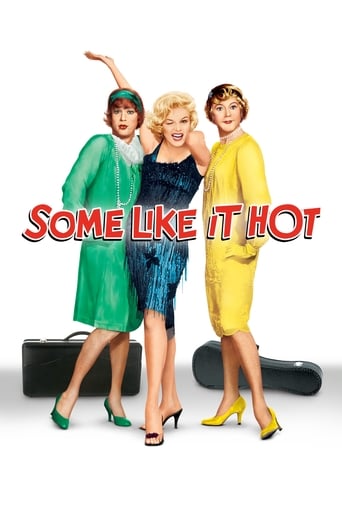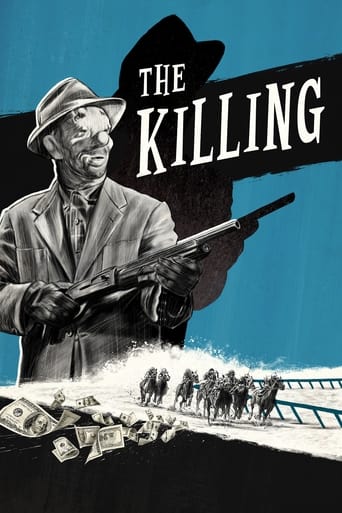Monsieur Verdoux (1947)
The film is about an unemployed banker, Henri Verdoux, and his sociopathic methods of attaining income. While being both loyal and competent in his work, Verdoux has been laid-off. To make money for his wife and child, he marries wealthy widows and then murders them. His crime spree eventually works against him when two particular widows break his normal routine.
Watch Trailer
Cast


Similar titles
Reviews
Very very predictable, including the post credit scene !!!
Surprisingly incoherent and boring
In truth, there is barely enough story here to make a film.
Great movie. Not sure what people expected but I found it highly entertaining.
. . . applies to the 143-second excerpt from the MONSIEUR VERDOUX (1947) feature film that the Criterion Company included on Disc 2 of its GREAT DICTATOR home entertainment release. This bit deals with a stock market crash, and Charlie Chaplin's character--Henri Verdoux--tells his broker, "Sell everything I have AT ONCE!" to which the latter replies, "Are you mad?! You were wiped out hours ago!" Then there's some newsreel footage of a couple World War Two Era dictators, Adolf Hitler and Benito Mussolini. Among the initial details of the market crash shown here are newspaper headlines, such as this one from Le Figaro: "Stocks Crash: Panic Follows" and another from "L'Humanite: "Banks Fail; Riots Ensue." Then there's some footage of a mob of normal people breaking out the windows of a Fat Cat Bank, and a random Money Mogul about to shoot himself because, as the Holy Bible says, "The love of Money is the Root of All Evil." Another Venal Banker jumps out of a high-rise window. This excerpt ends with the Hitler\Mussolini collage, capped by a "Le Figaro" headline, "Nazis bomb Spanish Loyalists; Thousands of Civilians Killed."
Charlie Chaplin loses his tramp personality but still keeps some qualities in this dark broad comedy of murders, "Monsieur Verdoux." It concerns a gentleman who had worked for years in the banking business until the crash of the late 1920s and then he went into a life of crime to make ends meet, for his wife and son. The film fades in on his tombstone. His narration tells us all this information and tells us the following story is history. It's hard to give an unbiased review of a film I have seen more times than I can count. It costars Martha Raye in an unforgettable role, Isobel Elsom in one of her best movie roles, and the gifted William Frawley. But all of the supporting cast are excellent, especially Marilyn Nash as a young lady he helps and Almira Sessions, who is part of a family trying to find their doomed sister Thelma Varney, who fell victim to Chaplin's mercenary plans. Thelma is never seen. Chaplin has a wife or lover in every province or region of France, and when he needs immediate ready cash, it's off to another victim. We see Lydia as one. I could go on and on about the social significance and symbolism of this film, but it's too much to get into right now. Suffice it to say, that Chaplin was like Welles (who sold him the idea, inspired by a true criminal), Hitchcock and other directors of his time. Everything you see on the screen was deliberately planned down to the minutest details. He wrote and directed this all by himself, just like all of his other films. The pace, shadows, the tone of voice, the editing, the music which he composed – all these come together to form a suspenseful and very funny film, which was banned and panned at the time, even making him more of an outcast than he already was. He had already been considered anti-American for his political views. Despite the off-putting, and some say anti-God, content, most viewers will have to admit this is a masterpiece in every way possible. I get more out of it every time I see it. If you've never seen Charlie Chaplin's "Monsieur Verdoux," then this should be a real treat. Expect nothing like "The Circus" and his other silent films and this will blow your mind. As they say, there's nothing like discovering a great film for the first time. I wish I was discovering this for the first time. But I keep finding more layers and meanings in each viewing I have of Chaplin's masterpiece, "Monsieur Verdoux."
I've heard some dismiss this as late Chaplin, as if there were something wrong with late Chaplin; there most certainly isn't. His career and popularity waned after "The Great Dictator" (1940), that's true, but not the genius that's responsible for some of the best films of the last century. This brings to mind another great genius whose later films are often overlooked, and who's actually responsible for bringing this film's idea to Chaplin.Originally called "The Comedy of Murders", Chaplin's "Monsieur Verdoux" (1947) is a delight in many forms. I agree with the sentiment that Chaplin has perhaps the strongest ensemble in his disposal in this film. The chemistry, in comedic terms, is explosive. The pacing not only of scenes but lines and individual words is impeccable. And hearing Charlie speak is, of course, a treat on its own. The way he shoots the interiors is dazzling.Perhaps it slightly drags in the middle, but that might more have to do with my subjective state of alertness, and I might disagree with myself on later viewings.I'd serve this with "La poison" (1951), a similarly sophisticated comedy.
A suave but cynical man (Charles Chaplin) supports his family by marrying and murdering rich women for their money, but the job has some occupational hazards.This film is brilliant, because it is not just entertaining, but also has a strong message. On the surface, it is a man who marries women and kills them in order to get their money. This in itself makes for a good film (and is somewhat risqué for the 1940s). But then, it is also a metaphor for society -- capitalism, imperialism, war... Chaplin takes on the Great Depression and the war industry.Most people know Chaplin for his silent films and tramp character, but he really became a strong filmmaker in his later years. This film, along with "Great Dictator" and "King in New York" are among his best works. It is a shame that for whatever reason he is not remembered for the second half of his career.

